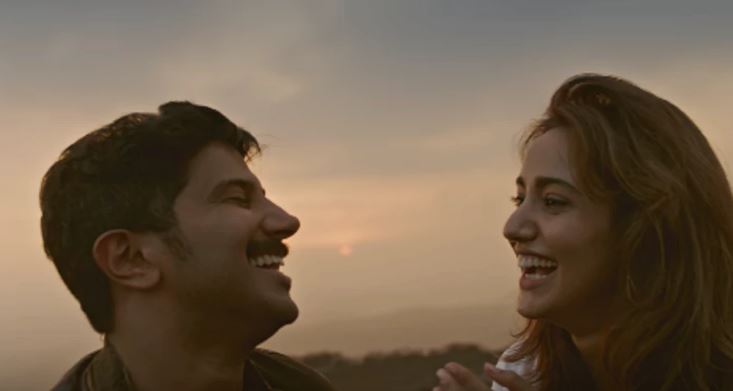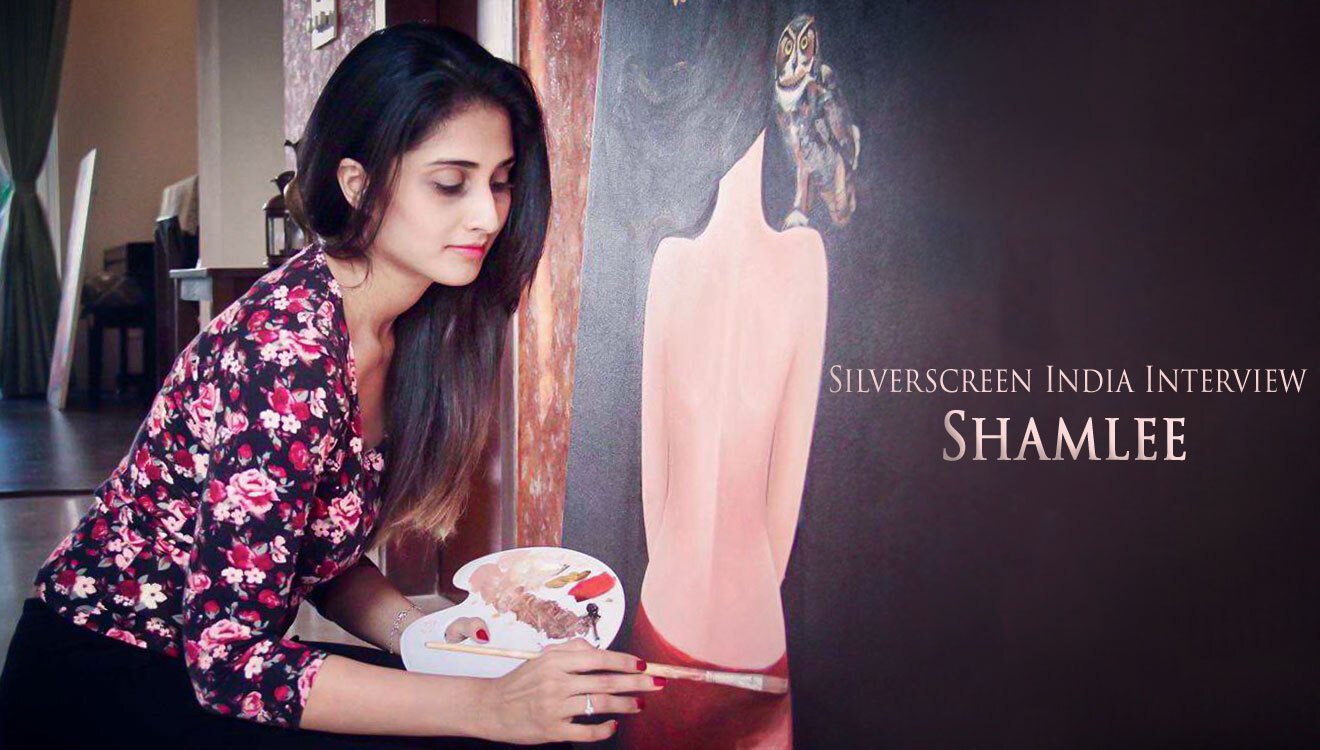Director: Raaj Shaandilyaa
Cast: Ayushmann Khurrana, Annu Kapoor, Vijay Raaz, Nushrat Bharucha and Manjot Singh
Dream Girl’s trailer gives away what the movie is about. So, until Ayushmann’s Karam lands a job at a ‘call centre’, you are just watching an elaborate explainer video. He gets chocolates when he’s young to pretend to be his friend Smiley’s (Manjot Singh) mother because Karam can speak in a woman’s voice; it’s a gift he keeps even after growing up. He acts as Sita and Radha in plays and is blessing the young and old alike casually even when he’s not dressed as god(esses).
The one area the film scores highly in my view is the kind of thought that has gone into making sure neither Khurrana’s drag nor his acting as a woman is made fun of, the way aggressive, masculine Bollywood movies would have. The film’s story has several gender-bender nods. Only, they all seem too abstract (or meta?), they don’t really neatly tie into the story or ‘say’ anything. I don’t mean a ‘message’, that’s there, but in terms of the story, they add little value. A lot of the staging in the film is hammed up; everyone’s moving around awkwardly, in your face, which also hampers the way the film flows. It moves from one block to another, clunky and awkward.
Karam can’t land a job… until he realises he can with his one gift. He becomes Pooja a la Vidya Balan’s Sulu and his ‘Hello’ like Sulu’s ‘Hello’ too has men (and a woman) fawning… Pooja doesn’t judge any of the people calling her — the poet cop Rajpal (Vijay Raaz); Toto, a desi Justin Bieber-lookalike with a GUJJAR tattoo on his neck; Roma, the magazine editor who’s sworn off men; Mahendar (Abhishek Bannerjee), a ‘brahmachari’ who has until then only looked after his cows; and, eventually his own dad, Jagjit Singh (Annu Kapoor). Somewhere in the middle of this crowd is the cop’s wife (criminally underused Neha Saraf) and Karam’s girlfriend Mahi (Nushrat Bharucha) who has a few good lines in the end, but that’s just all.
By the interval, all of the men have started to fall in “love” with Pooja. And, Karam must get out of it to keep his and others’ sanity intact (Toto tries to kill himself because Pooja won’t come for his birthday party), except Karam’s boss is not letting him go so easy. He threatens a public humiliation. Pooja tries to push them all away, but that only draws them closer. The scenes post-interval are funny and blah by turns. (There’s one good #MeToo jibe that Karam makes while dressed as Draupadi). Annu Kapoor’s Jagjit gets to play fancy dress (he dresses like SRK in Kuch Kuch Hota Hai and later like a really stereotypical Muslim man — with henna-ed hair and beard). And after a lo-oot of beating around the bush, Karam is given a stage (with special lighting and all) to make a little speech about how in this ‘modern’ world, we are all losing touch and very lonely. And, we don’t take family portraits anymore because we take only selfies, and the audience nods along. And then, all is well.
If this film is about urban loneliness, it does not spend enough time giving its characters any nuance to express that loneliness. They come off as just horny men (except for Roma, who’s too nice for this world). What really works is just how comfortable Karam-Pooja are in their skin, in the fluidity of the roles they play. They make sense and say sensitive things (Karam observes right at the beginning that people who call Pooja are very lonely). None of this elevates the film to Ayushmann’s other films in the man-between-a-rock-and-a-hard-place genre. It simply remains Tumhari Sulu‘s poor cousin. What this movie needed was some depth. Not so many jokes.
The Dream Girl review is a Silverscreen original article. It was not paid for or commissioned by anyone associated with the film. Silverscreen.in and its writers do not have any commercial relationship with movies that are reviewed on the site.



